Turn any article into a podcast. Upgrade now to start listening.
Premium Members can share articles with friends & family to bypass the paywall.
What took place Sunday in Boulder, Colorado, is as clear an instance as any of antisemitic terrorism, the third such high-profile violent attack to happen on American soil this year. So why are we not hearing more from the president about America’s antisemitism problem?
As a group of people peacefully and silently walked through Boulder’s outdoor mall on Pearl Street to draw attention to the remaining Israeli hostages held by Hamas, authorities say a 45-year-old Egyptian national named Mohamed Sabry Soliman threw Molotov cocktails at the crowd while shouting “free Palestine!” Twelve of the demonstrators were injured, including, a Justice Department spokesman claimed, a Holocaust survivor. After he was arrested, Soliman reportedly told federal investigators he had been planning the attack for a year and that he wanted to “kill all Zionist people and wished they were all dead.” He has since been charged with a federal hate crime, with more charges likely to follow.
That’s almost certain to include deportation, as Soliman appears to have arrived on a tourist visa in 2022, which has since expired. President Donald Trump emphasized the suspect’s legal status in a Monday post on Truth Social, saying that such attacks “WILL NOT BE TOLERATED” and placing the blame for the suspect’s attack on his predecessor in the White House. “He came in through Biden’s ridiculous Open Border Policy, which has hurt our Country so badly. He must go out under ‘TRUMP’ Policy. Acts of Terrorism will be prosecuted to the fullest extent of the Law,” Trump’s post continued. “This is yet another example of why we must keep our Borders SECURE, and deport Illegal, Anti-American Radicals from our Homeland.” If the president had any outrage about the nature or targets of the attack, it wasn’t evident in the post.
From other figures in his administration, there have been plenty of condemnations of the violence in Boulder, including a few who have noted the suspect had been clearly targeting Jews. And speaking with reporters on Monday on the White House lawn, press secretary Karoline Leavitt said antisemitic violence was “unacceptable” and that Jewish Americans should know that “this president has your back and he’s not going to allow anyone to take part in violent … acts of terrorism in our country.”
It’s a fine sentiment, if a tad unrealistic to expect of any president. Moreover, while the immigration issue is certainly one the Trump administration is more than comfortable litigating (along with radicalism on college campuses, the biggest focus of this White House’s mostly performative efforts to curb antisemitism), Soliman’s illegal status is only part of the story. Here’s the bigger story: Antisemitism and bigotry against Jews is spilling over into bloodshed in America.
In the last two months, there have been two homegrown terrorist attacks on Jewish people. Last month’s murder of Yaron Lischinsky and Sarah Milgrim, two staffers at the Israeli Embassy in Washington, came at the hands of a Chicago man who shouted the same “free Palestine” chant as he was arrested. And in April a Pennsylvania man set fire to the governor’s mansion in Harrisburg in an attack intended for Gov. Josh Shapiro. One of the most well-known Jewish politicians in America and a potential presidential candidate, Shapiro had earlier that evening celebrated a Passover Seder with his family in the mansion. In his call to 911 identifying himself, the arsonist criticized Shapiro, a state governor with no foreign policy portfolio, for “his plans for what he wants to do to the Palestinian people."
The Boulder attack this week marks a deplorable trend, the sort that might prompt national leadership to speak forcefully and unequivocally about the poison of antisemitism. But if Trump, who has Jewish grandchildren, intends to speak more broadly about the ugliness of antisemitism, manifested these days in the harassment and targeting of Jews in response to or as retribution for the actions of the state of Israel, the White House isn’t saying.
When I emailed the White House press office on Sunday asking if any efforts were underway—to make a public statement beyond social media, to appear with a broad group of bipartisan and multi-faith leaders, to use the presidential bully pulpit at all to make such a statement—an unnamed staffer replied with a statement attributed to a “senior White House official”: “The President has been briefed.” The White House did not respond to a follow-up question on Monday.
It’s hardly unprecedented for presidents to make pronouncements in all sorts of moments of significant loss. There was Ronald Reagan’s address after the tragedy of the Challenger explosion. Bill Clinton and George W. Bush, respectively, both calmed a shaken nation after the terrorist attacks in Oklahoma City in 1995 and on September 11, 2001. (Bush, it’s worth remembering, also urged Americans righteously angry about the Islamic terrorists not to retaliate against Muslim Americans.) There was Barack Obama’s brief statement following the mass shooting at Sandy Hook Elementary.
Those speeches and moments didn’t bring back lives lost or even prevent more tragedies or violence in the future. But they each sent a message that Americans needed to hear in those moments. The necessary risk of exploration. The need for steely resolve against adversaries, foreign and domestic, who sought death and destruction. That the unspeakable pain and sorrow of the needless death of 20 children was something that should be felt.
There’s a message Americans need to hear now: There’s no place in America for bigotry against Jews, and no one who calls himself an American should tolerate it. For years now, antisemitic tropes and ideas have permeated a digital world that contains no meaningful guardrails. Antisemitism seeps into both the political left and the political right, and it’s even infected Trump’s own administration. And it’s killing people, year after year, for the simple reason that they are Jewish.
It’s too much to expect Trump to do what he absolutely failed to do in his first term, following the march of white nationalists in Charlottesville, Virginia: step up to the moment and speak an important truth about bigotry. But it doesn’t make it any less vital that he, and all our political leaders, do so.
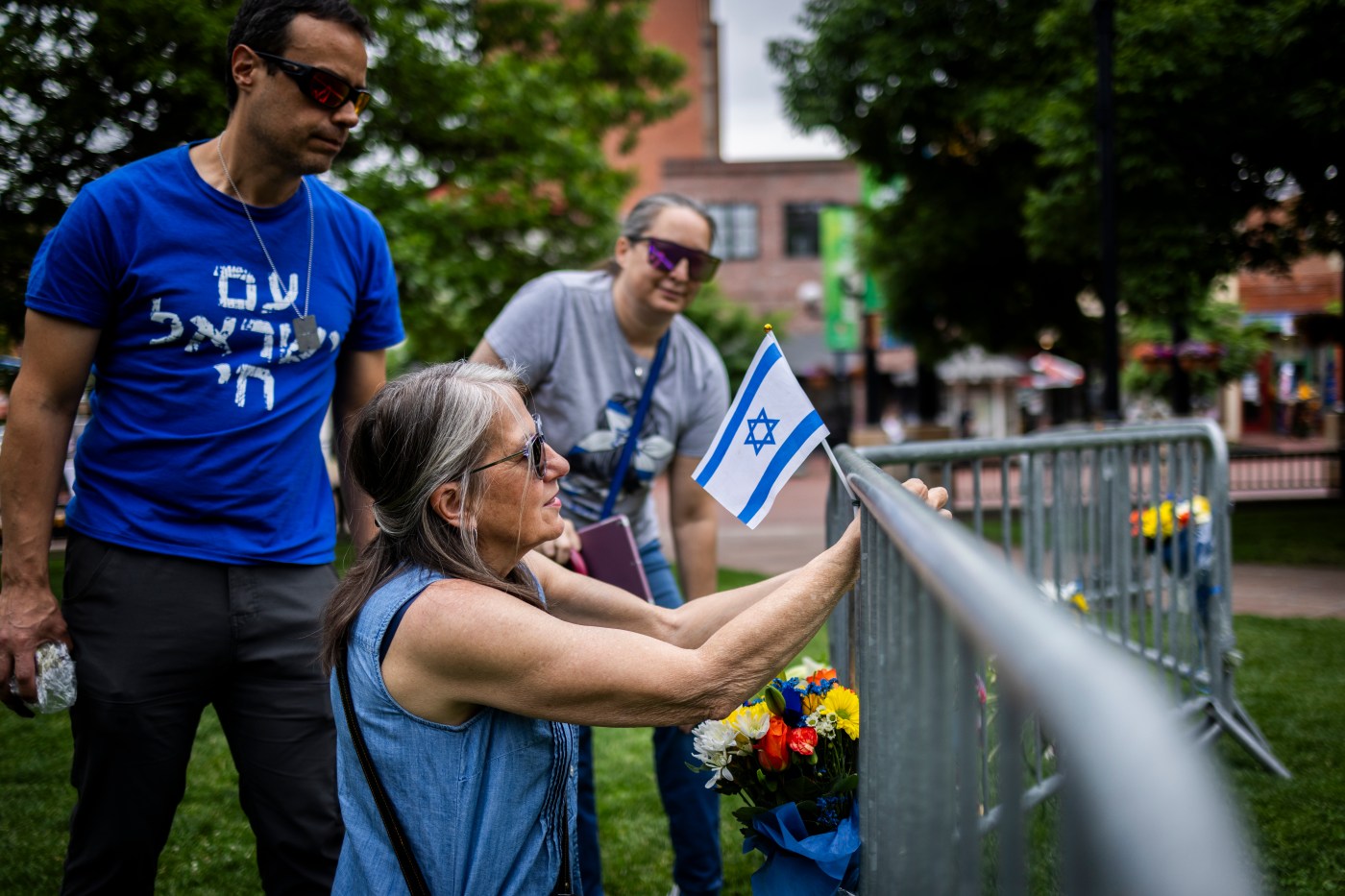

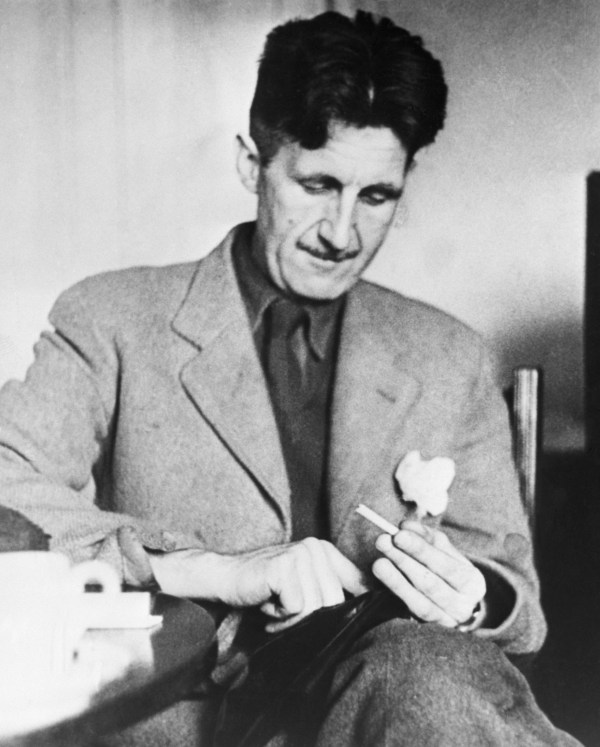
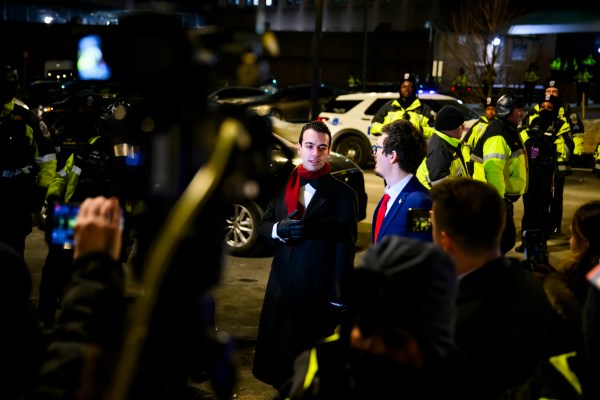
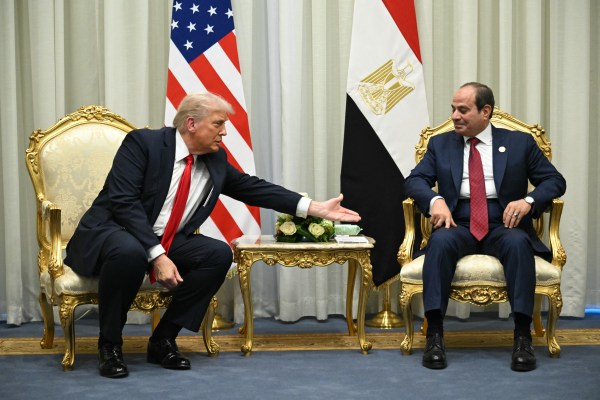
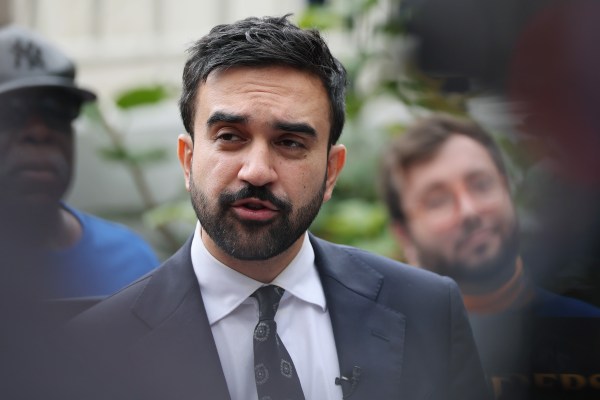
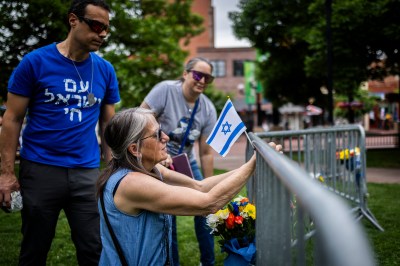
Please note that we at The Dispatch hold ourselves, our work, and our commenters to a higher standard than other places on the internet. We welcome comments that foster genuine debate or discussion—including comments critical of us or our work—but responses that include ad hominem attacks on fellow Dispatch members or are intended to stoke fear and anger may be moderated.
With your membership, you only have the ability to comment on The Morning Dispatch articles. Consider upgrading to join the conversation everywhere.